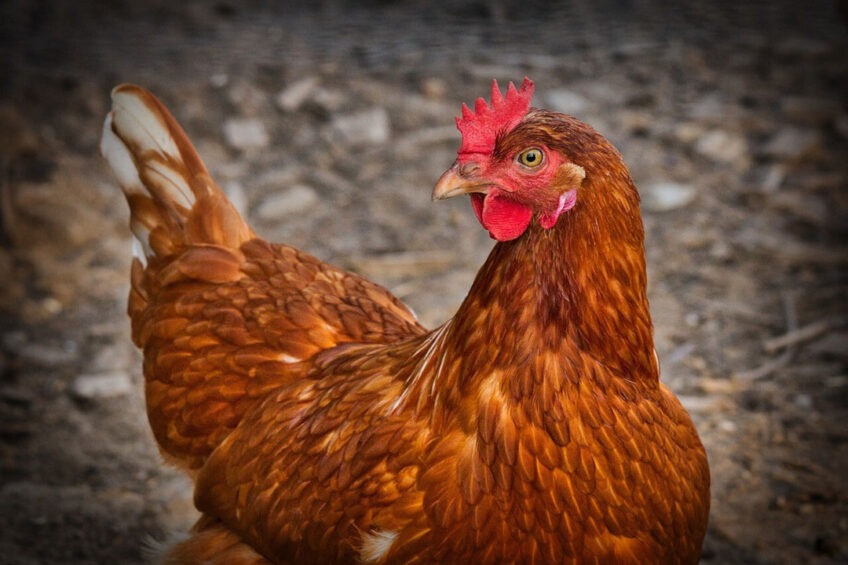Another tough year predicted for S. Africa’s egg producers

Eskom, South Africa’s public electricity utility, recently announced an 18.65% tariff increase. This will add even more pressure on the country’s egg producers, who are also battling against higher costs of feed and fuel, and rolling blackouts nationwide.
South African Poultry Association’s general manager for the egg organsiation, Dr Abongile Balarane, says the electricity increase may result in an increase in the price of eggs. Electricity, he says, accounts for about 75% of the total production costs.
Beyond the control of farmers
“All of these costs are beyond the control of the farmer. The added burden of increasingly unreliable and inconveniently timed electricity supply poses additional production costs. Outages are a serious threat to the chicken’s well-being, as well as adding to the cost of packing eggs to the required legislation, either through incurring overtime or fuel for generators,” he said.
BusinessTech reports that it costs South Africans 12.1% more to fry up a traditional farmhouse breakfast than a year ago, highlighting the rising cost of living in the country.
“Using the South African Breakfast Index – an index tracking the month-to-month prices of ingredients used to make breakfast in the country – the basket of items totals R392.89 in September 2022, versus R350.35 in September 2021,” said the report, highlighting that in September 2021, a dozen eggs cost R18.92 (€1.02), while in September 2022, the price went up to R20.54 (€1.10). Besides eggs, the basket includes milk, coffee, sugar, bacon, sausage, mushrooms, tomato, butter and bread.
According to Farmers Weekly, in 2021, the broiler sector was South Africa’s largest animal production sector, while the egg sector, with 27 million birds, was the 4th-largest. It is forecast that the flock will increase to 28 million birds this year.













